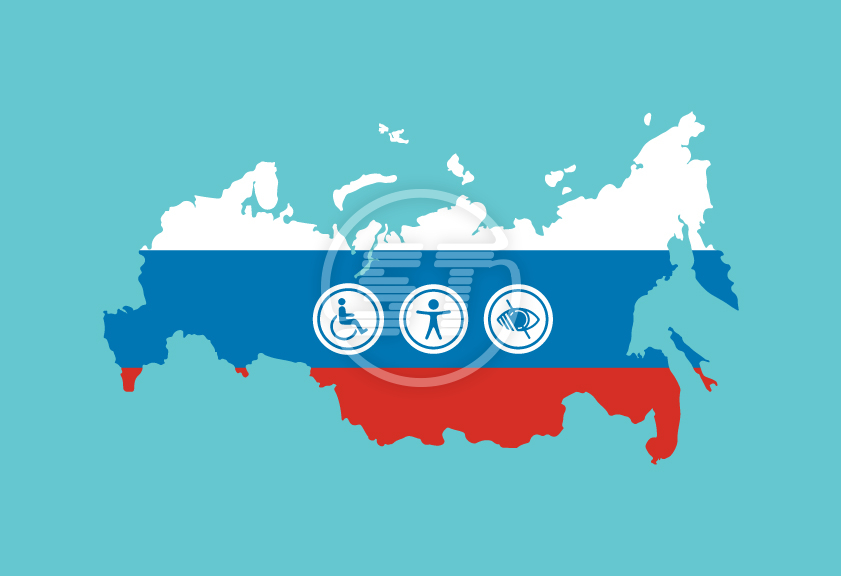In Russia, digital accessibility for individuals with disabilities is primarily governed by the national standard GOST R 52872-2007, titled “The Internet-Resources. Requirements of Accessibility for Visually Impaired Persons.” The standard came into effect on January 1, 2009, establishing guidelines to ensure that internet resources are accessible to blind and partially sighted users.
Read along to learn more about this national standard.
History of GOST R 52872-2007!
Russia’s GOST R 52872-2007 was officially approved in 2007 as part of country’s broader efforts to improve their digital inclusivity. The standard was put into action from January 1, 2009, providing guidelines for making websites and digital content accessible to blind and visually impaired users.
The standard was developed in response to international efforts, mainly inspired with the Web Content Accessibility Guidelines (WCAG) by the World Wide Web Consortium (W3C). However, GOST R 52872-2007 was completely focused on Russian digital infrastructure and needs.
Implementation and challenges of the Russian digital accessibility law!
- Despite its introduction, enforcement has been limited, with few recorded cases of compliance verification or official certification processes.
- The lack of awareness and regulatory oversight has hindered widespread adoption.
- Unlike other international accessibility laws, such as the Americans with Disabilities Act (ADA) or the European Accessibility Act, Russia’s standard has not been actively updated to reflect evolving digital technologies and accessibility practices.
Important pointers of GOST R 52872-2007 to remember!
- Alternative text representations
All non-text content, such as images and multimedia, must have text alternatives to keep its original information intact and convey the same to visually impaired users.
- Avoidance of graphical CAPTCHAs
Websites should refrain from using graphical CAPTCHAs that cannot be interpreted by screen readers. Since such unnecessary barriers increase inaccessibility of content for users relying on screen readers.
- Limitations on PDF usage
The standard has mentioned that there must be wise use of PDF files. If the PDFs are lacking their textual layer, they shouldn’t be attached with websites. Thus, it is crucial to focus on PDF accessibility remediation.
- Structured data presentation
Information presented in tables should have limited nesting levels to maintain clarity and accessibility.
- Minimal use of frames
Web pages should avoid using frames for content structuring, as they can pose navigation challenges for screen readers.
While GOST R 52872-2007 is a significant step toward digital inclusivity, its implementation is still a concern for the government. As of its initial years, there were no public instances of official accessibility testing or certification based on the standard. This indicates a dire need for more robust enforcement mechanisms and greater awareness among web developers and organizations about the importance of digital accessibility.
Current status of the applicable accessibility law in Russia!
While GOST R 52872-2007 remains the main reference for digital accessibility in Russia, its practical implementation varies. Accessibility advocacy groups continue to push for stronger enforcement and broader adoption of international accessibility standards to ensure a more inclusive digital environment.
And since, GOST R 52872-2007 serves as Russia’s foundation guideline for ensuring that internet resources are accessible to visually impaired individuals. The effectiveness of this standard largely depends on the establishment of government bodies to oversee compliance and acceptance of the standards by all public and private organizations.
Is your business website and other digital assets WCAG compliant? Or are you looking for guidance on Russia’s digital accessibility law standards? With a team of experts, we provide website accessibility remediation services including accessible website design and development, audit, strategy, website remediation, consulting, VPAT accessibility conformance report, PDF / document remediation, and support services that comply with accessibility regulations such as WCAG 2.0, 2.1, 2.2, Section 508, within your budget. Reach out hello@skynettechnologies.com or request a free quote.


